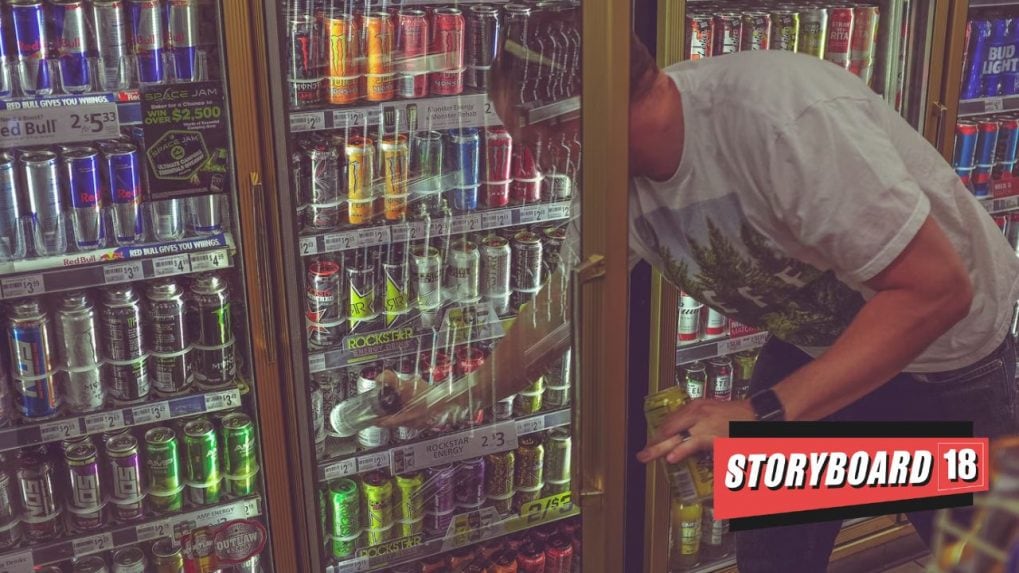FSSAI to make energy-drinks regulations stricter; content like caffeine to be prominently displayed
Officials at FSSAI have said the body plans to come up with mandatory disclosures such as displaying the content of caffeine ‘prominently’, or labels that reflect ‘high in caffeine’.
ADVERTISEMENT
Food Safety and Standards Authority of India (FSSAI) is currently re-evaluating existing regulations for energy or caffeinated drinks in order to make them stricter. Amid high double digit growth and steep surge in consumption of caffeinated energy drinks, the category has come under greater scrutiny. According to reports, the FSSAI plans to come up with mandatory disclosures such as displaying the content of caffeine ‘prominently’, or labels that reflect ‘high in caffeine’.
The growth can be attributed to teenagers, athletes and gym enthusiasts who are consuming these beverages, as high-caffeine energy drinks are today more affordable and available.
Organisations such as PepsiCo, Coca-Cola and Hell are selling energy drinks at one-fourth the price of global category leaders. The leaders are Red Bull and Monster. As per NielsenIQ, the sale of energy drinks are growing 50-55 percent a year.
Medical journal BMJ Open, in a January report, revealed that excessive consumption could lead to disturbed sleep and insomnia. Health portal Medical News Today also stated that energy drinks also caused anxiety and dehydration.
The upcoming regulations may make it compulsory to highlight a consumption limit for caffeine on packs. Eight years ago, in 2016, FSSAI made sure that all non-alcoholic beverages with more than 145 mg of caffeine per litre were labelled as ‘caffeinated beverages’. Further, the caffeine content in beverages was capped at 300 mg per litre.
Read More: Influencers have to do due diligence for any claim they make: Manisha Kapoor of ASCI


